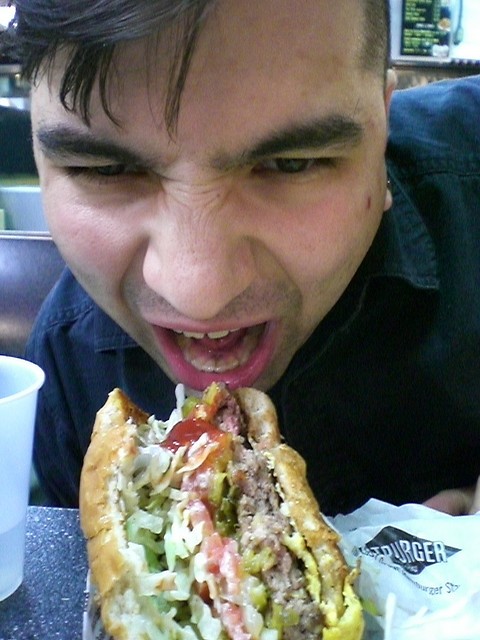Impulsivity is Linked to Binge Eating and Food Addiction: Study

Impulsive people are more likely to develop food addiction and eating disorders, according to a study.
Individuals who act on the spur of the moment always regret the impulse later. A new research by the Boston University School of Medicine (BUSM) and the University of Cambridge in U.K. found that extremely spontaneous people have increased activity in the brain areas concerned with reward anticipation and as a result exhibit uncontrolled eating behavior.
For the study, experts analyzed impulsive responses of participants who were given access to sweet treats for an hour daily. It was noted that subjects who reported being too impulsive could not control their cravings and repeatedly binged on the sugary junk. While the rest of the participants were able to manage their temptations for junk food and also did not practice abnormal eating. The weakness for sugar high diets is due to the inability to ingest sugar.
"While impulsivity might have aided our ancestors to choose calorie-rich foods when food was scarce, our study results suggest that in today's calorie-rich environment, impulsivity promotes pathological overeating," said Pietro Cottone, co-author, co-director of the Laboratory of Addictive Disorders and associate professor of pharmacology and psychiatry at BUSM, in a news release.
Furthermore, it was found that impulsive participants also had increased expression of Delta-FosB, a transcription factor in the nucleus accumbens of the brain- an area related to reward expectation and impulse control. These findings suggest biological factors that make impulsive people prone to food and drug addiction and also obesity.
"Our results add further evidence to the idea that there are similar mechanisms involved in both drug and food addiction behavior," said Clara Velazquez-Sanchez, study author and researcher at the Laboratory of Addictive Disorders.
More information is available online in the journal Neuropsychopharmacology.
May 10, 2014 04:31 AM EDT





